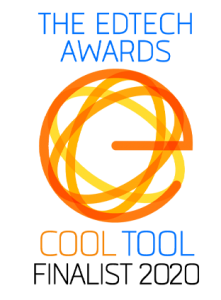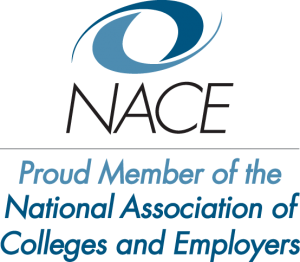Three of the most important decisions young adults will make involve their major, their college, and their career. How should students make those decisions and, more importantly, in what order? Some students may pick the college they’d like to attend based on location, recommendations, or their parent’s alma mater. After a few semesters at school, they may finally settle on a major. Then, in the few months before graduation, students finally consider the types of careers they’d like to have.
Is this method working?
About 40% of Americans earn a college degree, which is comparable to other developed countries like Finland, France, and Sweden. However, the number of students that enroll and drop out is much higher in America. In fact, the U.S. has the lowest college completion rates in the developed world. This is costing students and taxpayers BILLION$, according to this informational video created by Get Focused….Stay Focused!®.
Why is that?
Research suggests that students who enter college with an informed major are more than twice as likely to take the right classes and graduate compared to those who “wander” through the education system1. But that isn’t the way that most students are going about the process! If we flipped the script, encouraging students to 1) carefully consider a career path, 2) choose a major that would provide them with the knowledge and skills they need to be successful in their career goals, and lastly 3) select a school and education plan that will prepare them for entry into the job market, we could improve their chances at success.
How are we doing?
Some high schools across the U.S. are already facilitating career discussions as early as the 9th grade, which is a great start. Through programs such as these, students are developing long-term career and life plans early on that will enable them to acquire the skills and knowledge needed to be successful in an expanding and competitive workforce. However, there is still work to be done in preparing students across the country to make these important life decisions in an order that best prepares them for a life full of happiness and success.
What can we do?
How can we help students flip the script and guide them through the decision-making process? Let’s provide students with the information they need, in a way that is relevant, interactive, and educational. Let’s provide students with tools that empower them to make informed career decisions. jobZology provides individuals with up-to-date information about all the careers that are out there; better yet, we tell them just how those careers fit their unique interests, values, and personal characteristics.
By taking our four assessments, students can a) find out what careers they’re likely to find joy, purpose, and meaning in, b) find out what types of skills and knowledge they’ll need to prepare for the job, and 3) find training programs that will prepare them for that type of career.
This is how jobZology flips the script, and this is how to make a career decision and foster student success both inside and outside of the classroom.
References







